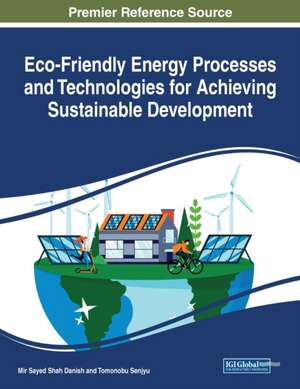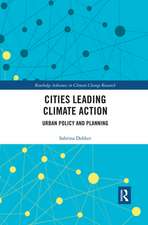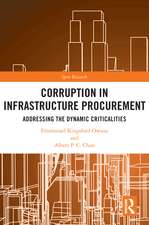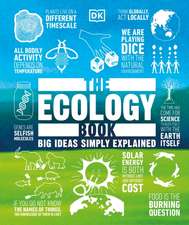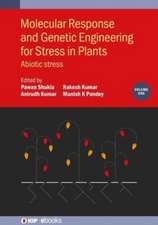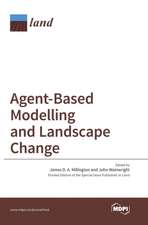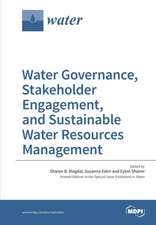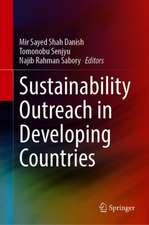Eco-Friendly Energy Processes and Technologies for Achieving Sustainable Development
Editat de Mir Sayed Shah Danish, Tomonobu Shah Senjyuen Limba Engleză Paperback – 27 sep 2020
| Toate formatele și edițiile | Preț | Express |
|---|---|---|
| Paperback (1) | 922.22 lei 6-8 săpt. | |
| Engineering Science Reference – 27 sep 2020 | 922.22 lei 6-8 săpt. | |
| Hardback (1) | 1201.27 lei 6-8 săpt. | |
| Engineering Science Reference – 26 sep 2020 | 1201.27 lei 6-8 săpt. |
Preț: 922.22 lei
Preț vechi: 1197.68 lei
-23% Nou
Puncte Express: 1383
Preț estimativ în valută:
176.49€ • 183.58$ • 145.70£
176.49€ • 183.58$ • 145.70£
Carte tipărită la comandă
Livrare economică 12-26 aprilie
Preluare comenzi: 021 569.72.76
Specificații
ISBN-13: 9781799856306
ISBN-10: 1799856305
Pagini: 364
Dimensiuni: 216 x 280 x 20 mm
Greutate: 0.84 kg
Editura: Engineering Science Reference
ISBN-10: 1799856305
Pagini: 364
Dimensiuni: 216 x 280 x 20 mm
Greutate: 0.84 kg
Editura: Engineering Science Reference
Descriere
Descriere de la o altă ediție sau format:
Presents research that identifies sustainability pillars such as environmental, technical, social, institutional, and economic disciplines and explores the longevity of these disciplines through a resource-oriented approach. The book features a broad range of topics, including environmental policy, corporate accountability, and urban planning.
Presents research that identifies sustainability pillars such as environmental, technical, social, institutional, and economic disciplines and explores the longevity of these disciplines through a resource-oriented approach. The book features a broad range of topics, including environmental policy, corporate accountability, and urban planning.
